Chow Chow
Showing all 7 results
iHeartDogs is Your #1 Source for Chow Chow Lover Gifts – Chow Chow Shirts, Chow Chow Sweatshirts, Chow Chow Mugs, Chow Chow Jewelry, Chow Chow Memorial Products & More!
Each Purchase Helps Provides Donated Food to Shelter Dogs!
Since 2013, iHeartDogs has supported rescues and shelters through each purchase in our Chow Chow gifts store. Shop chow chow t-shirts for him, chow chow shirts for her, chow chow mugs, chow chow hoodies & sweaters, chow chow jewelry, and chow chow pet memorial gifts.
In our iHeartDogs Dog Health Supplements store, you’ll find Hip & joint supplements for your chow chow, chow chow probiotics, Hemp for chow chows, chow chow allergy supplements & fish oil, and chow chow dental chews & cleaners.
With the cost of veterinarian care skyrocketing, make sure you compare pet insurance plans for your chow chow. In recent years, many new pet insurance companies have entered the market and pet insurance for your chow chow has become more affordable.
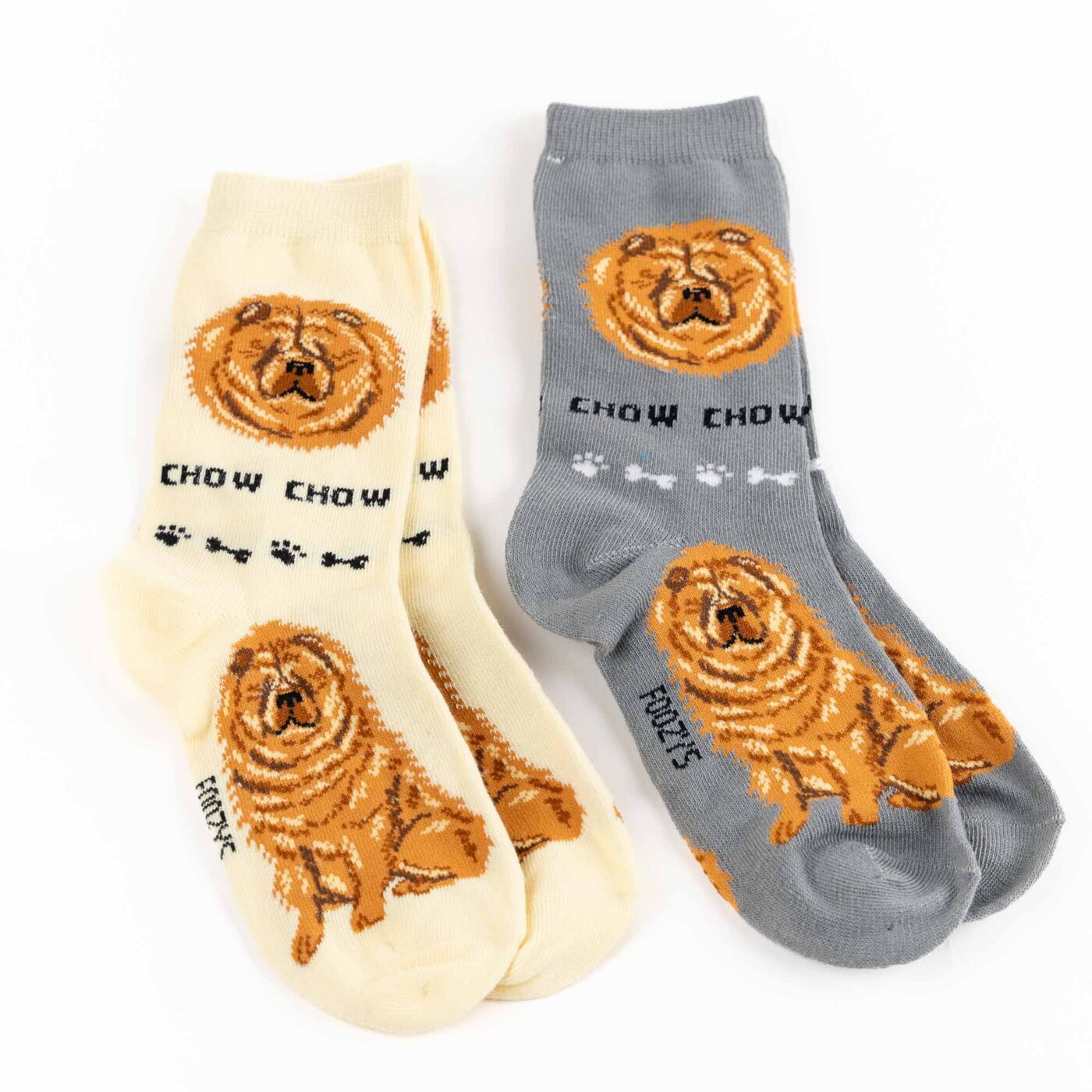
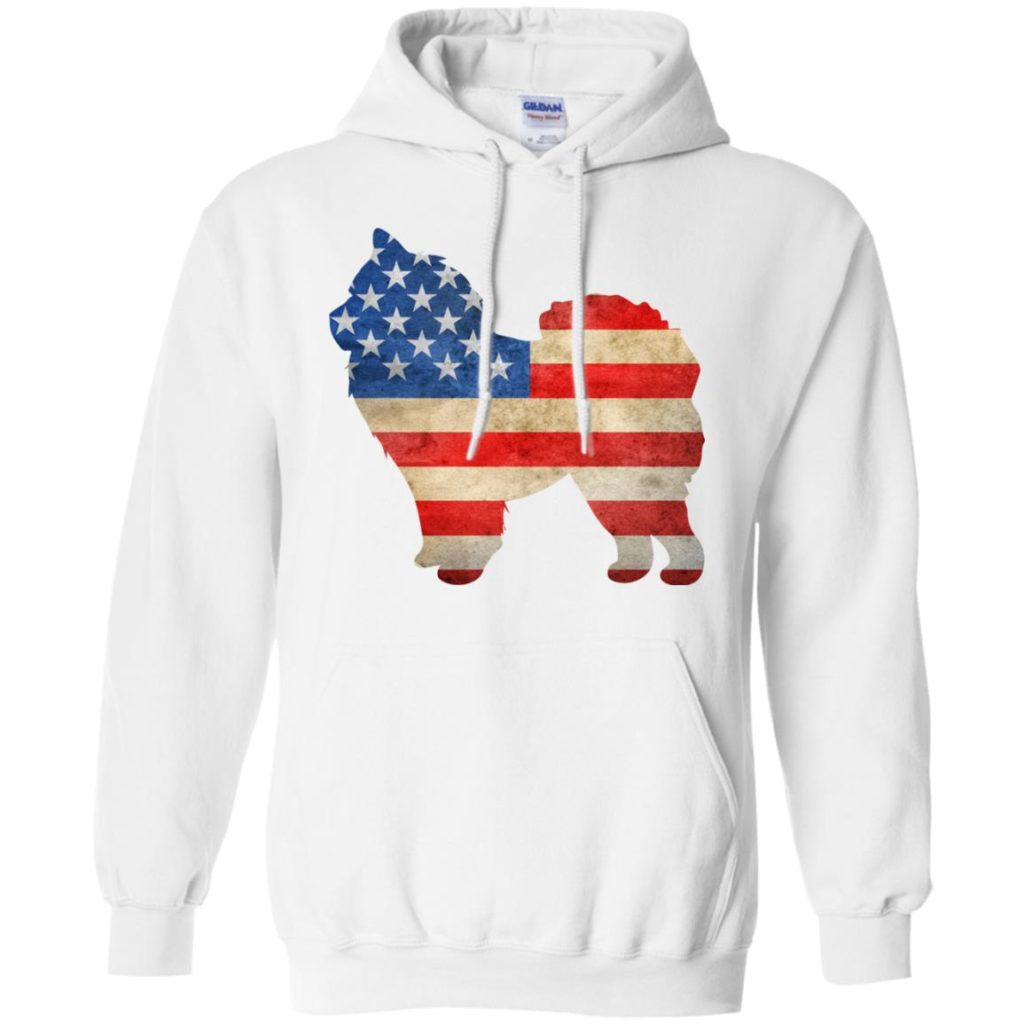
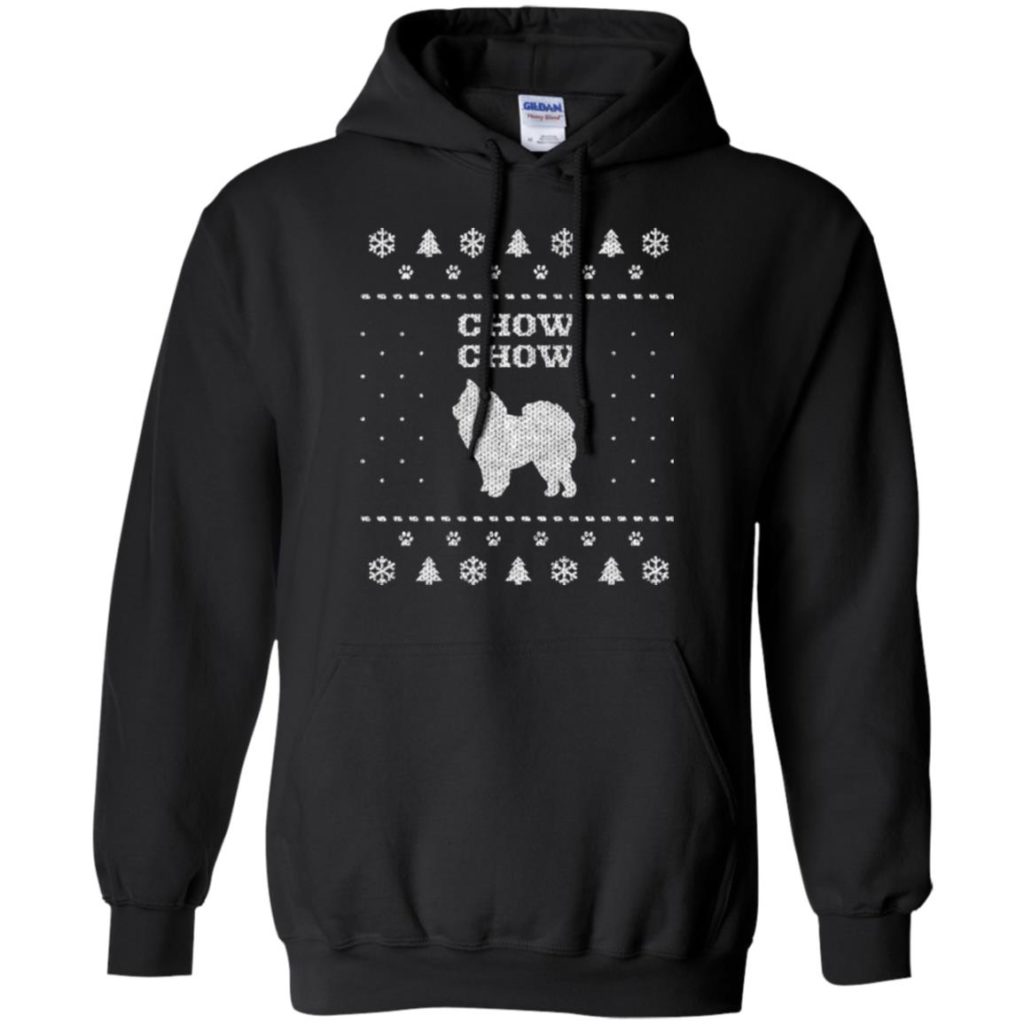

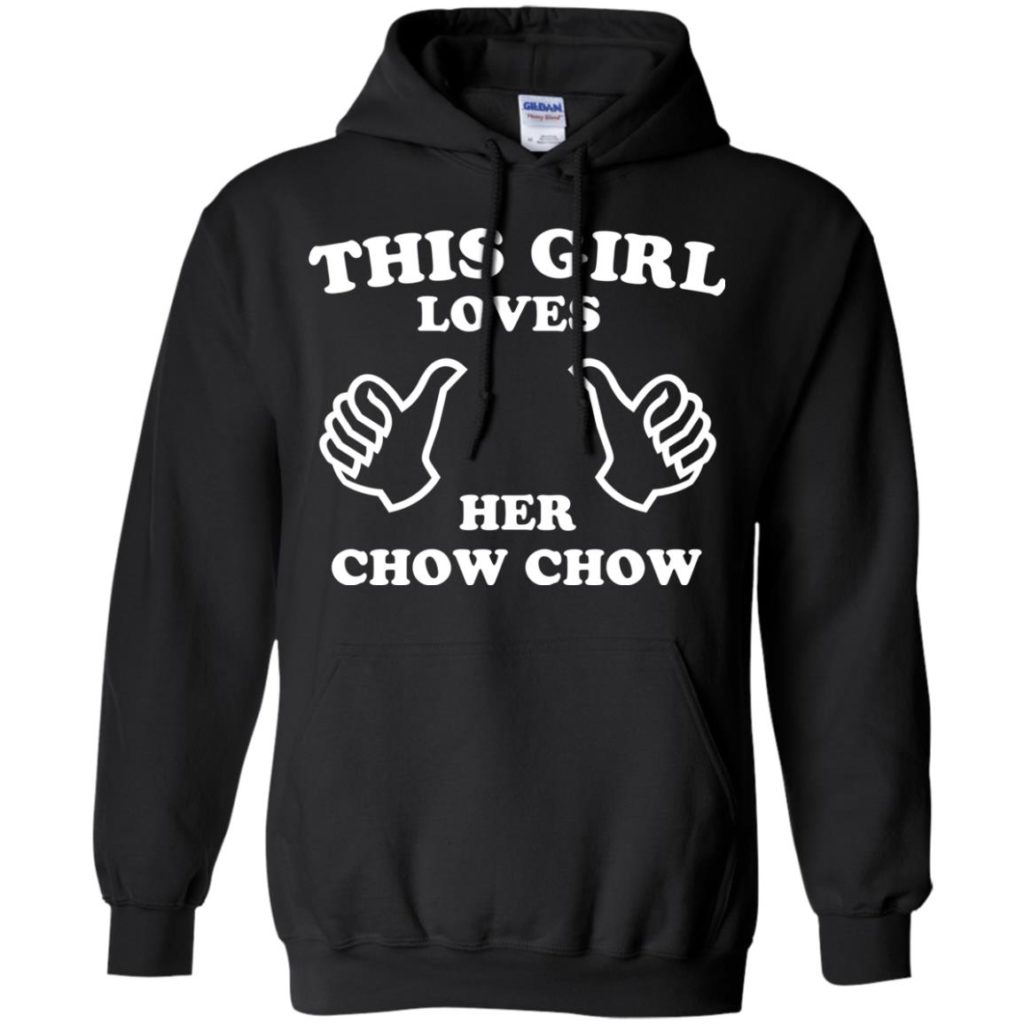
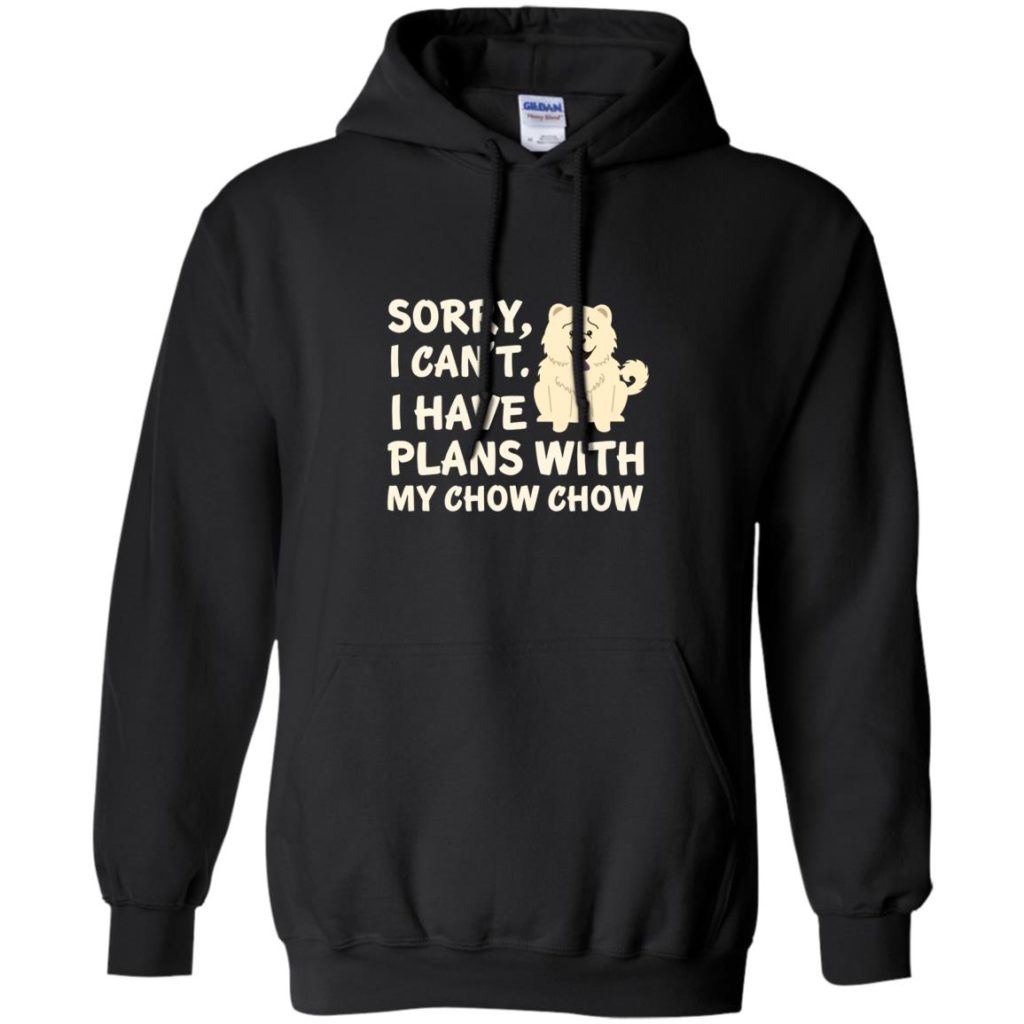
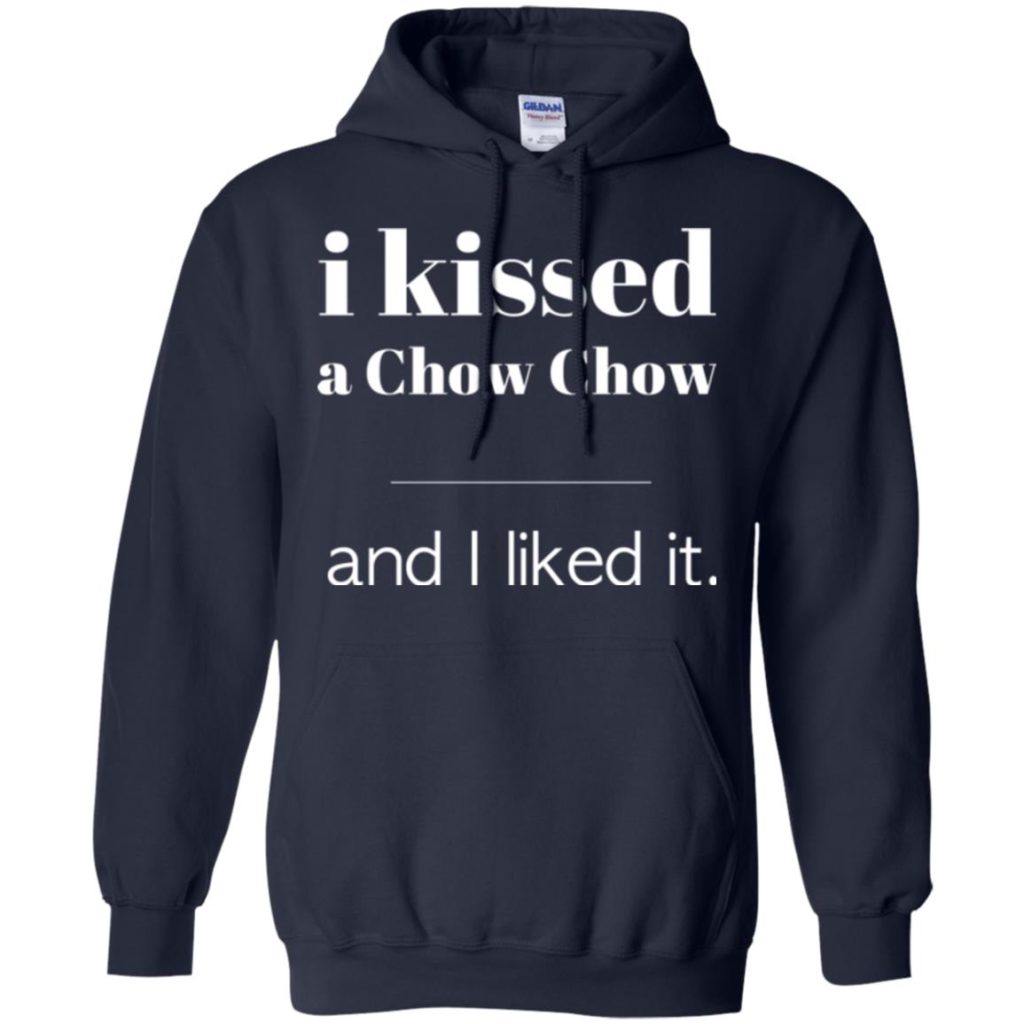

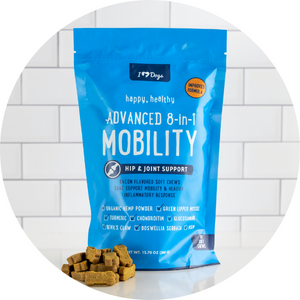
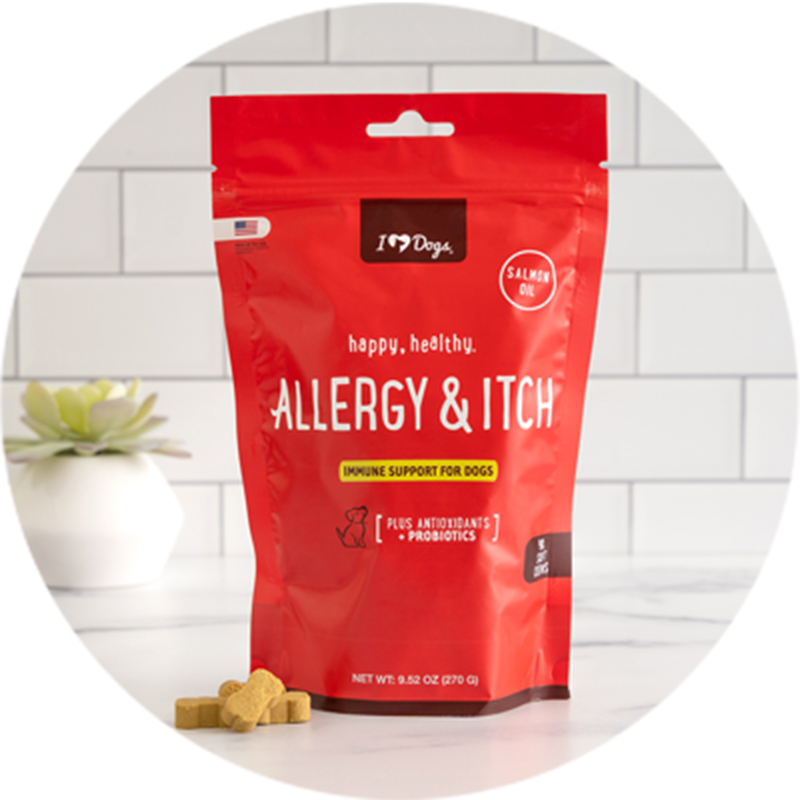
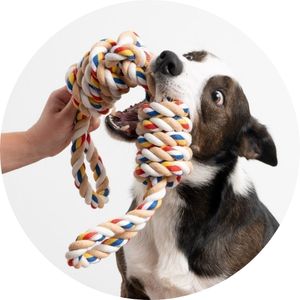
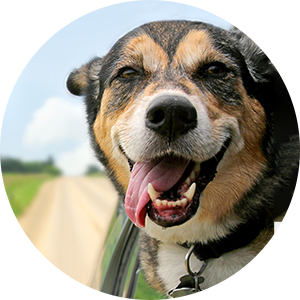
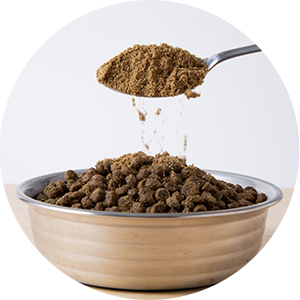


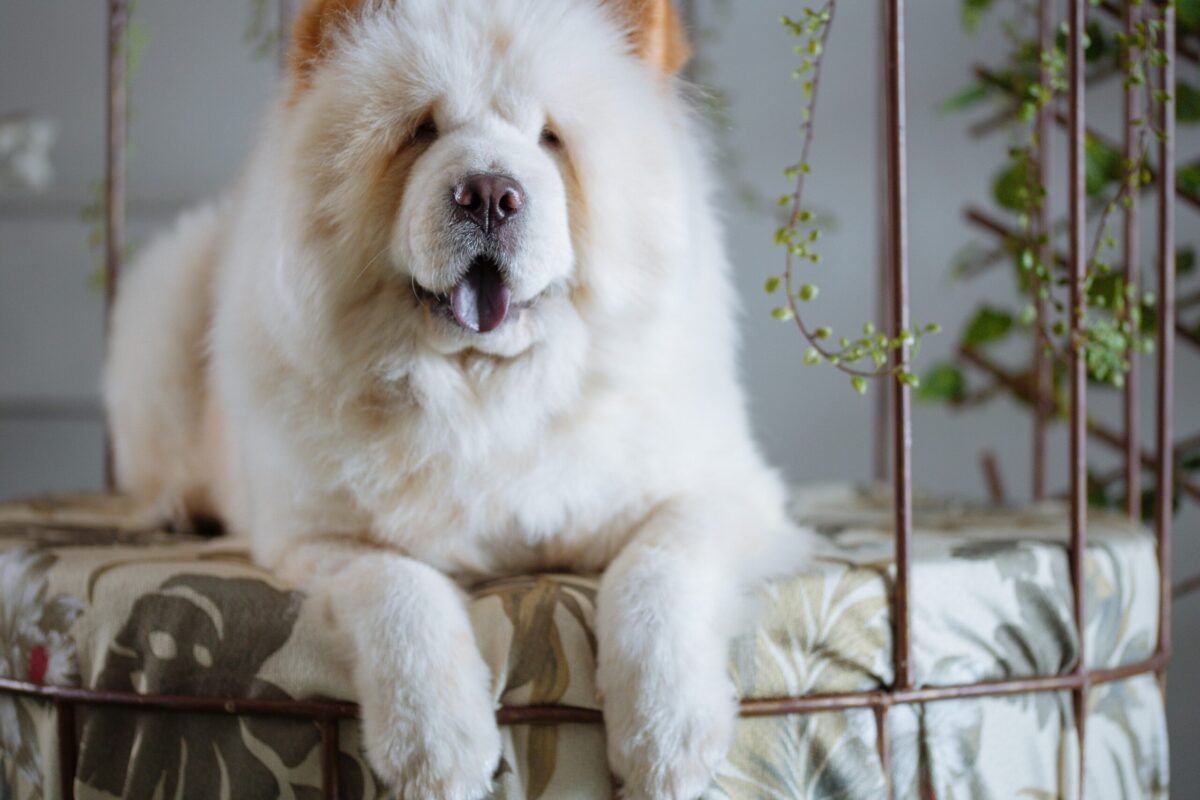
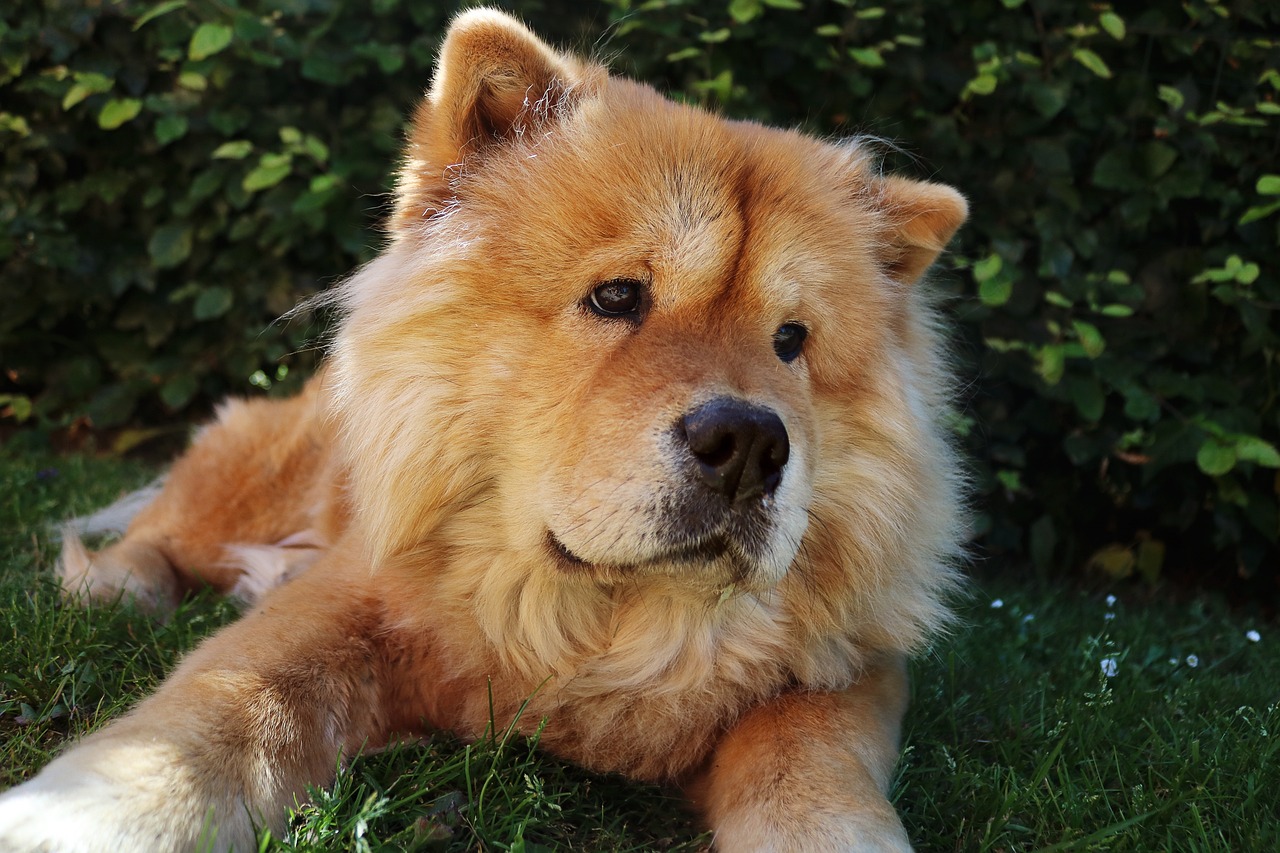
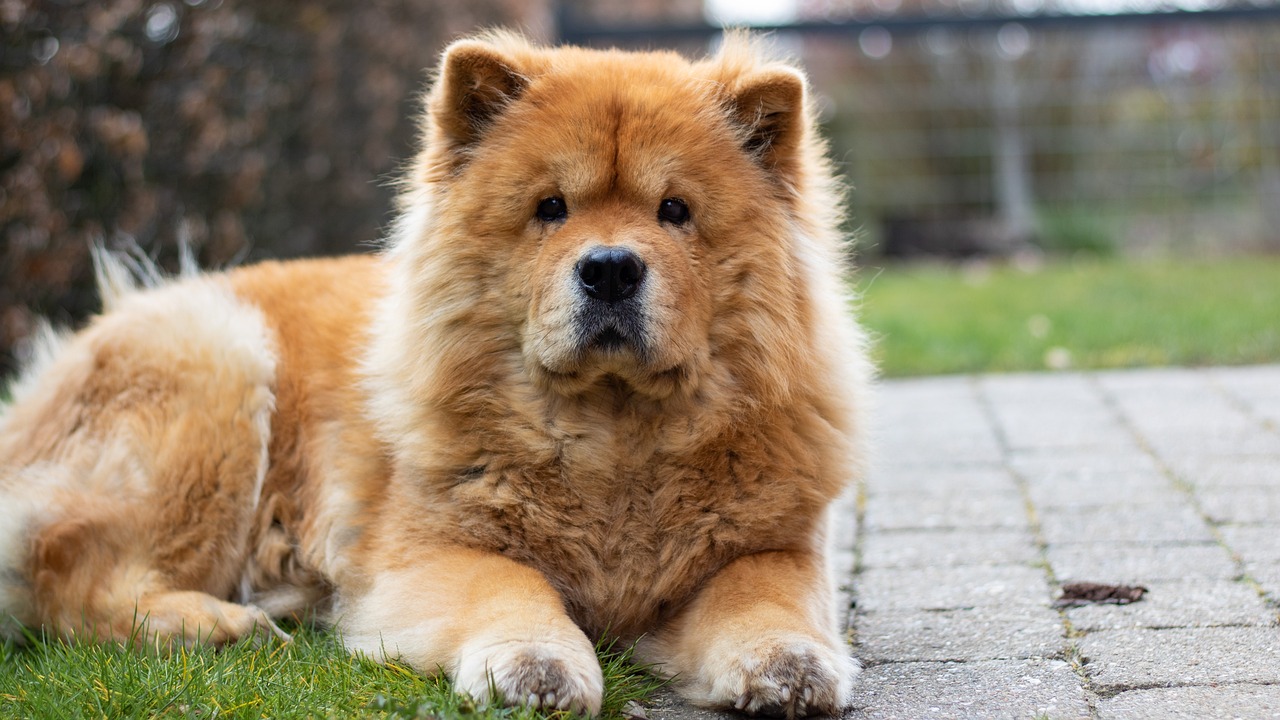

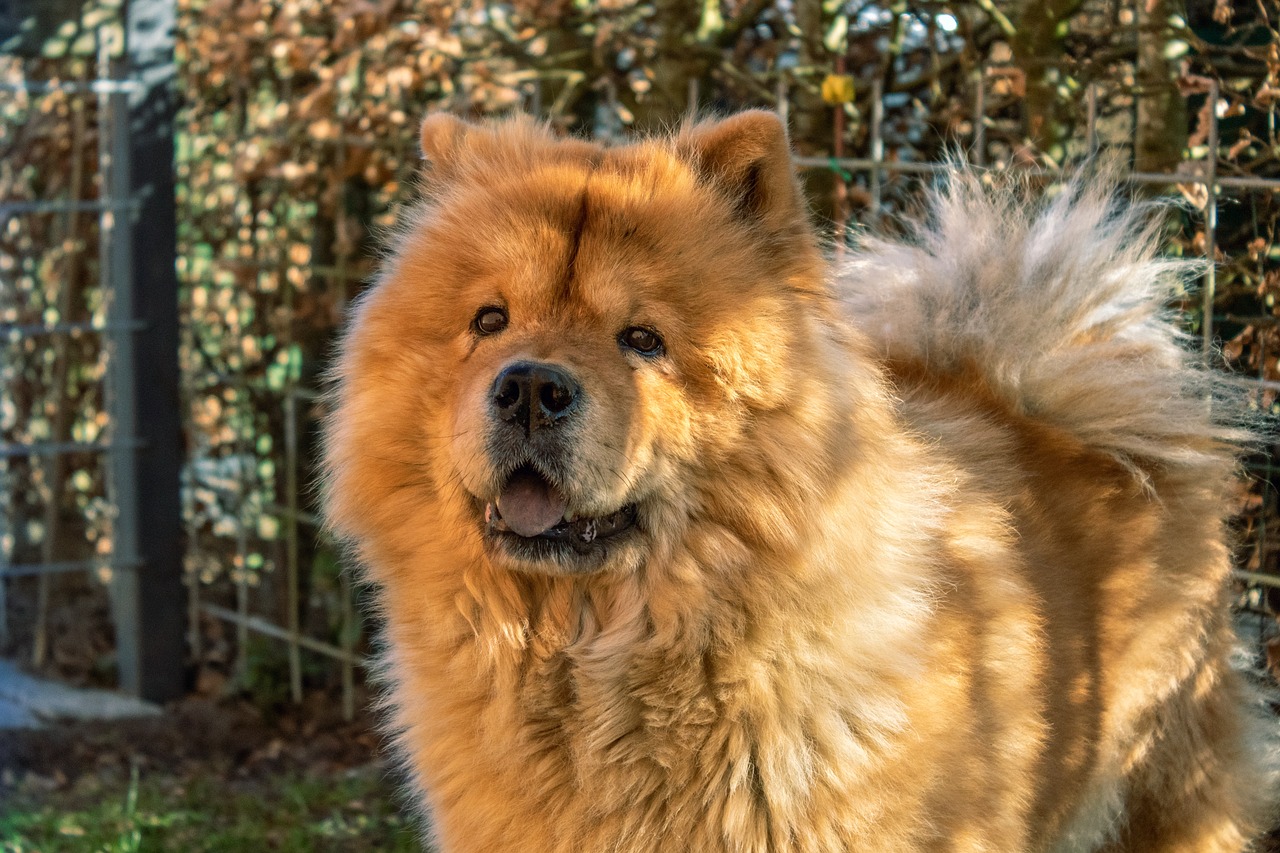
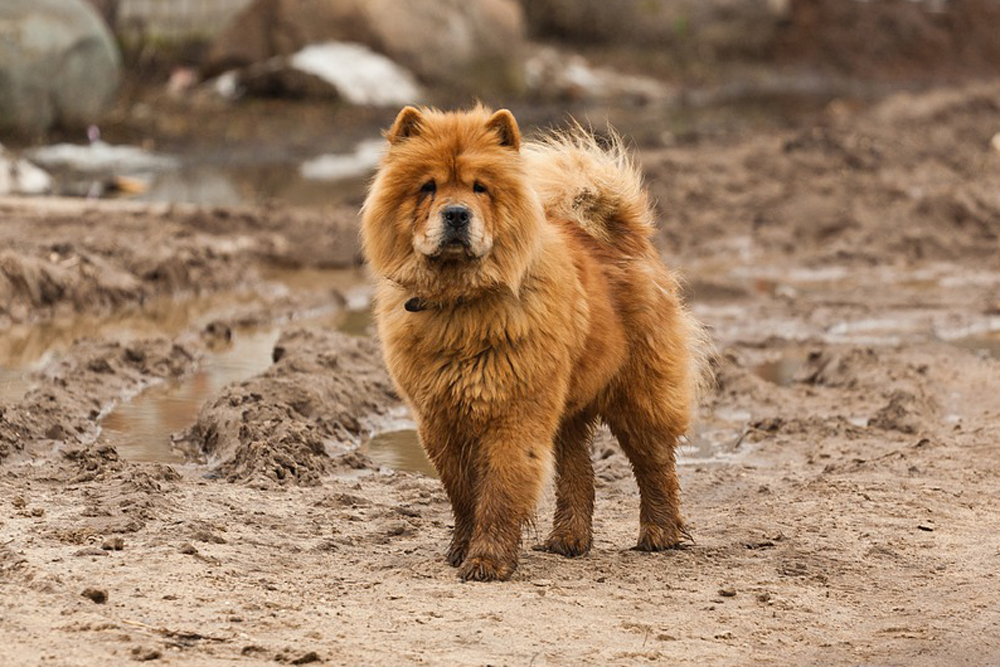
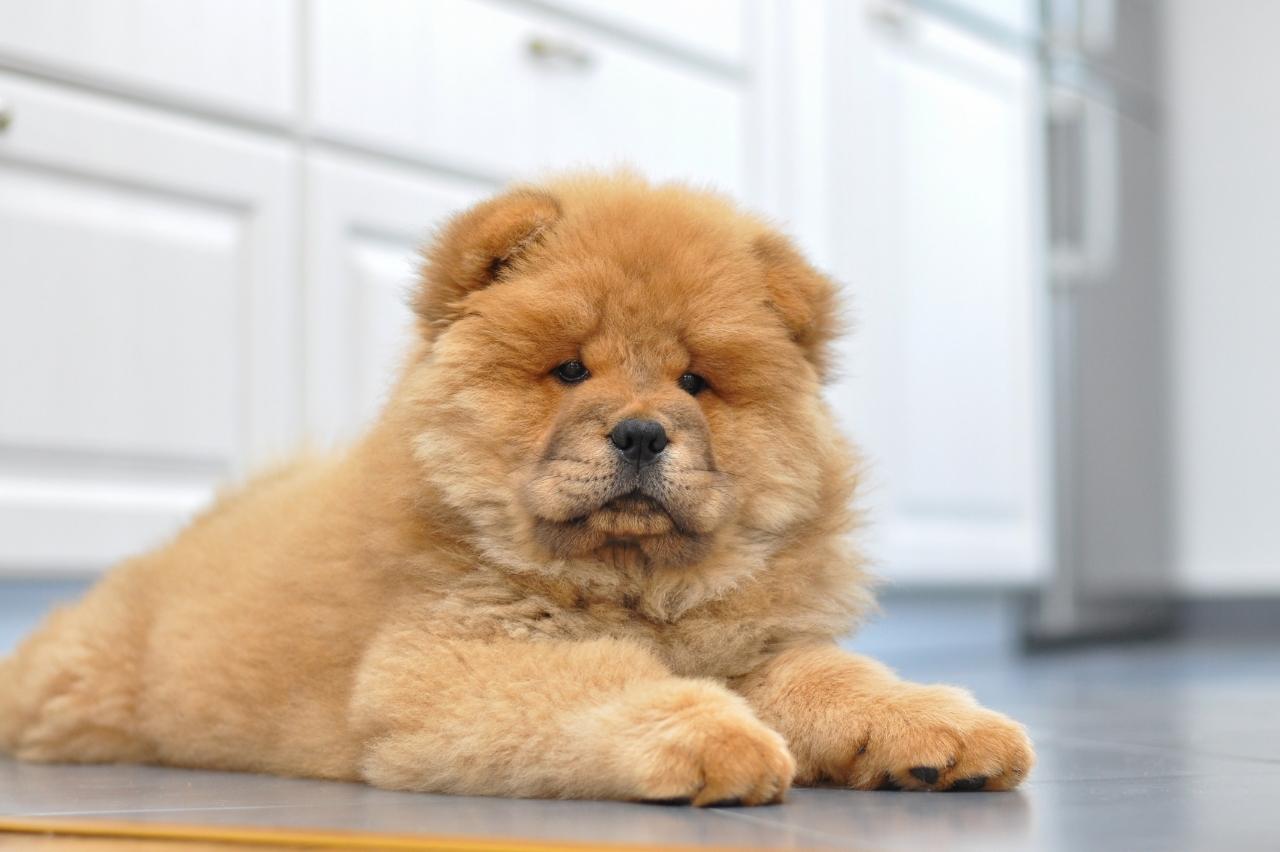
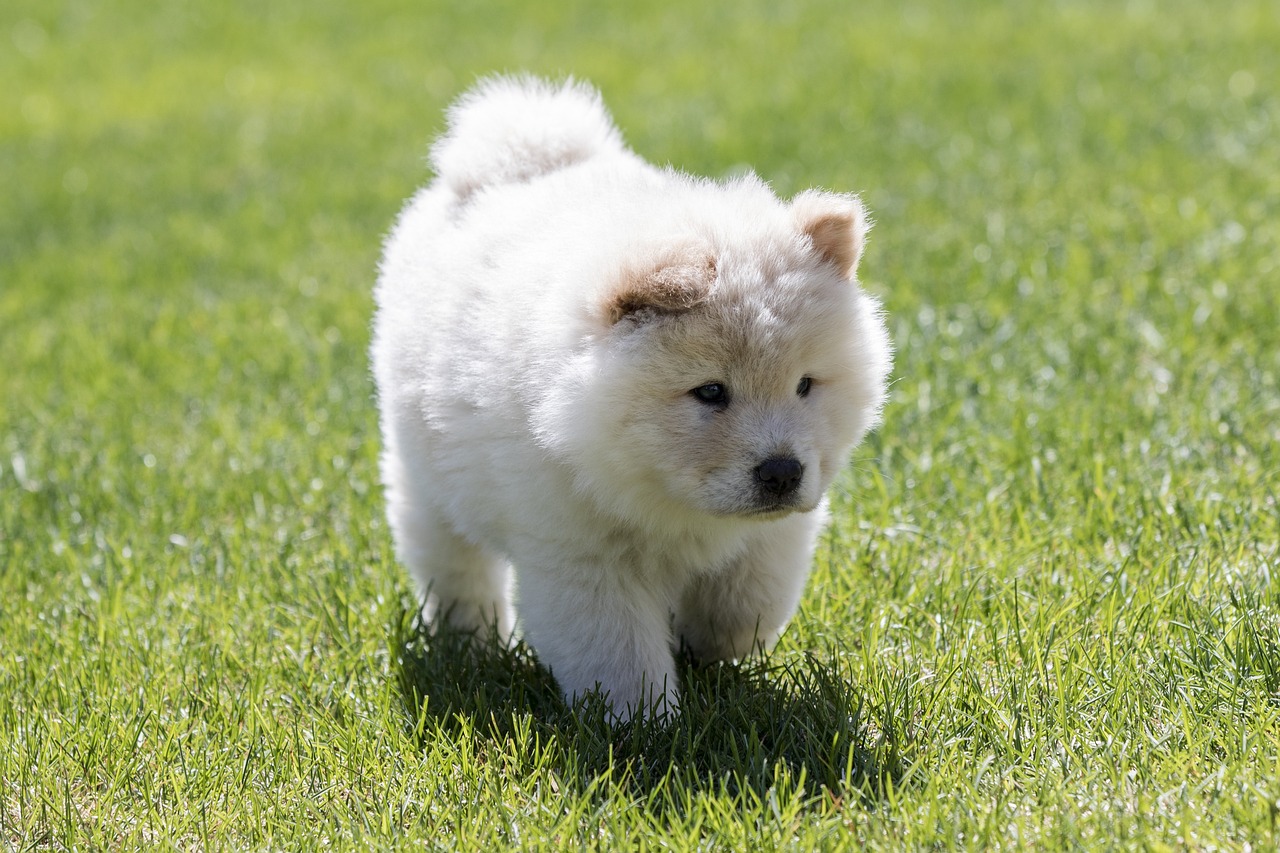
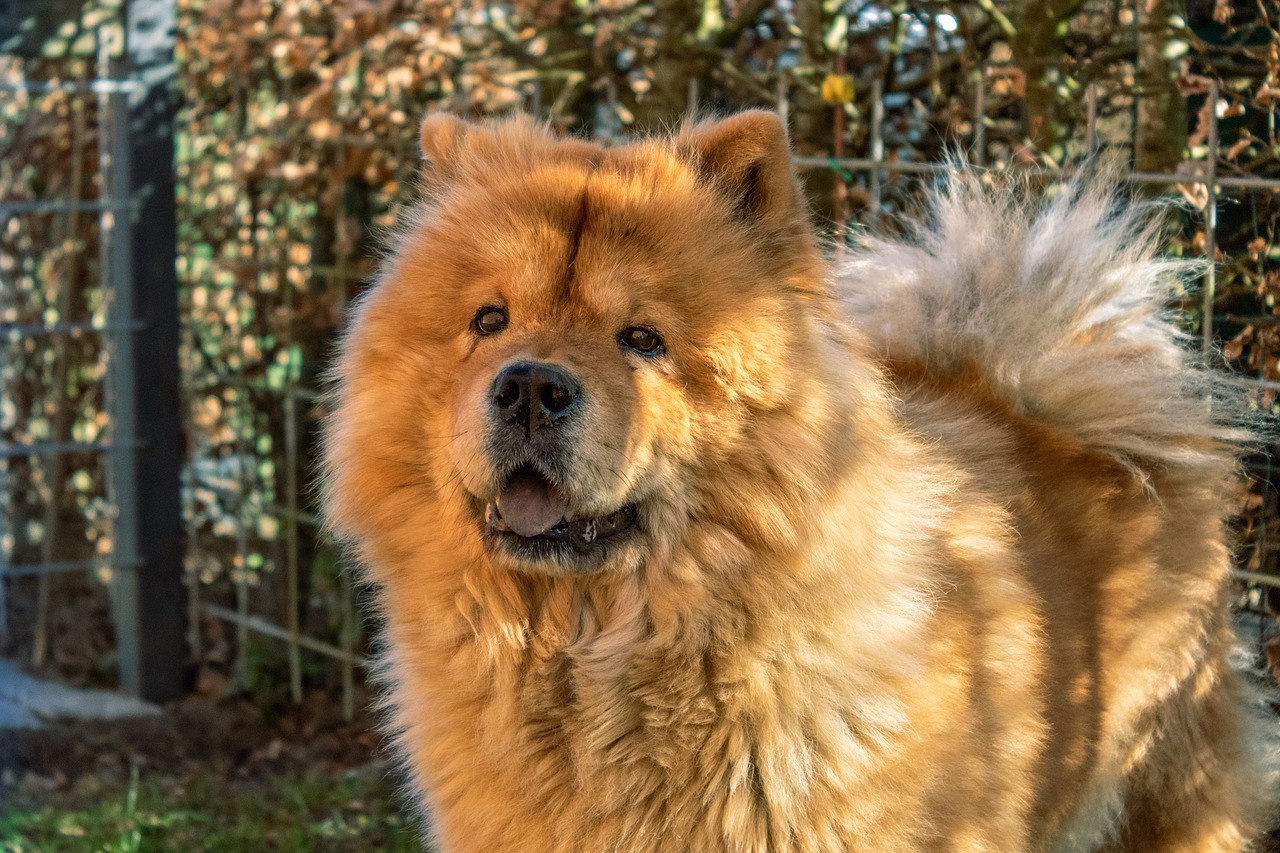
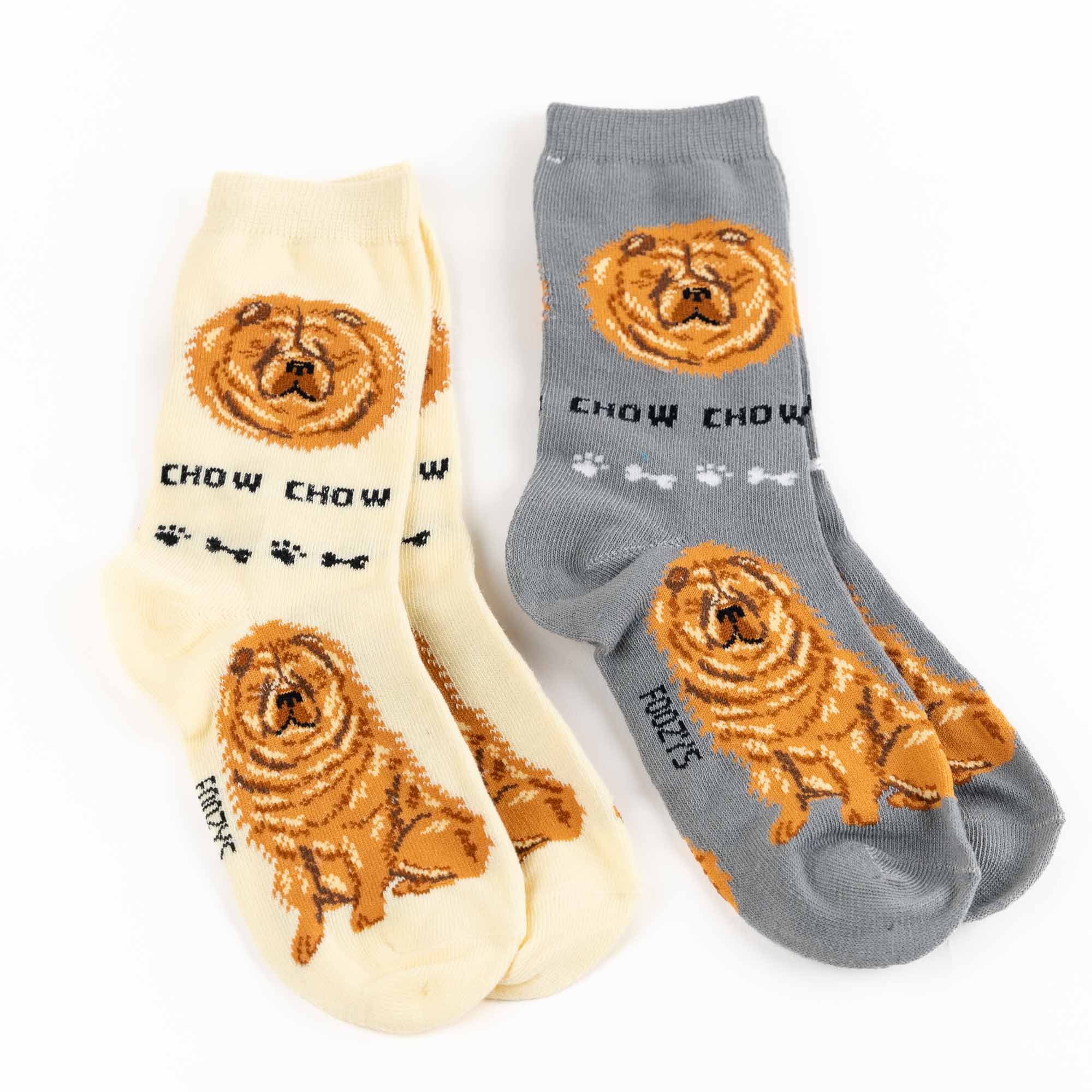
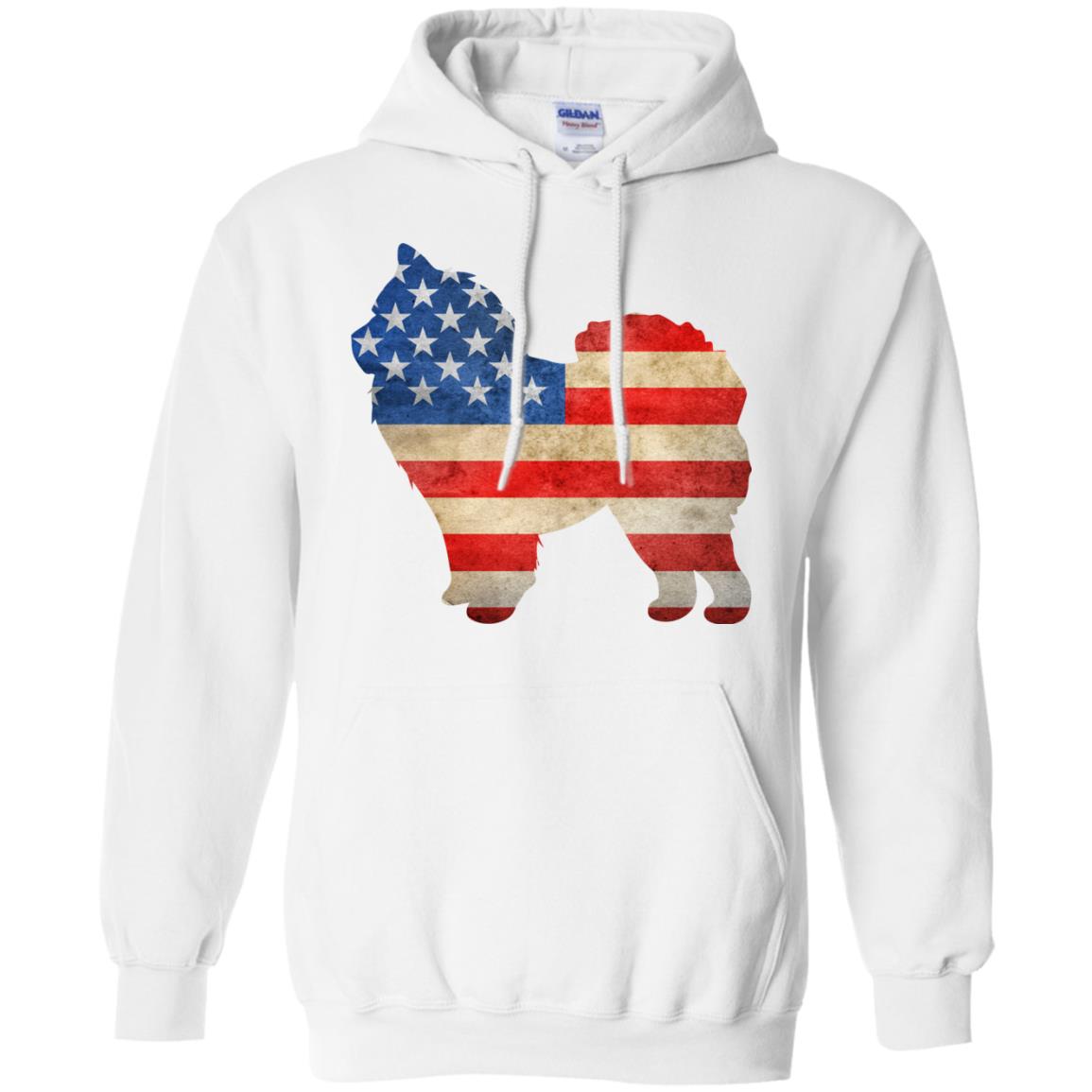
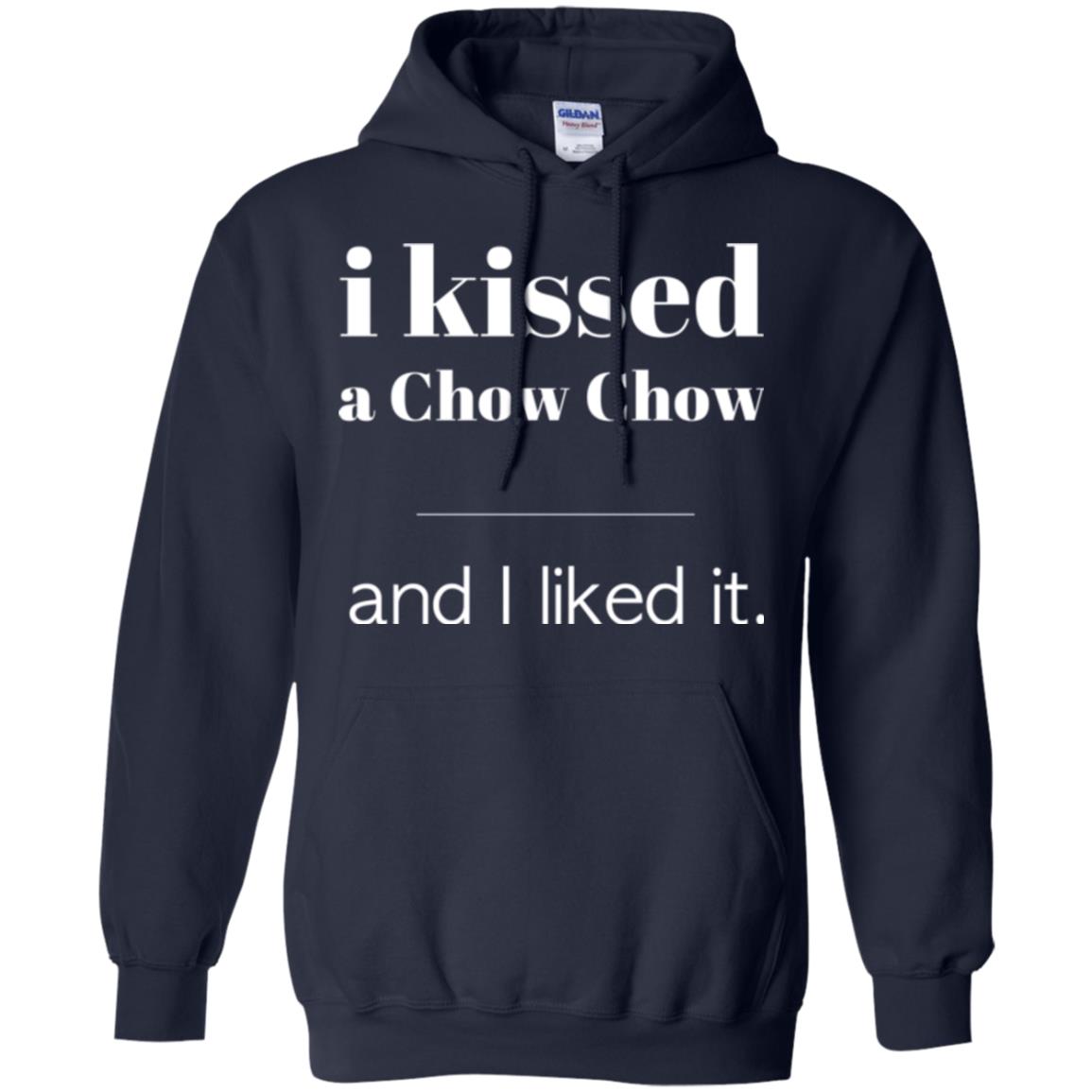
 Toledo, United States.
Toledo, United States.